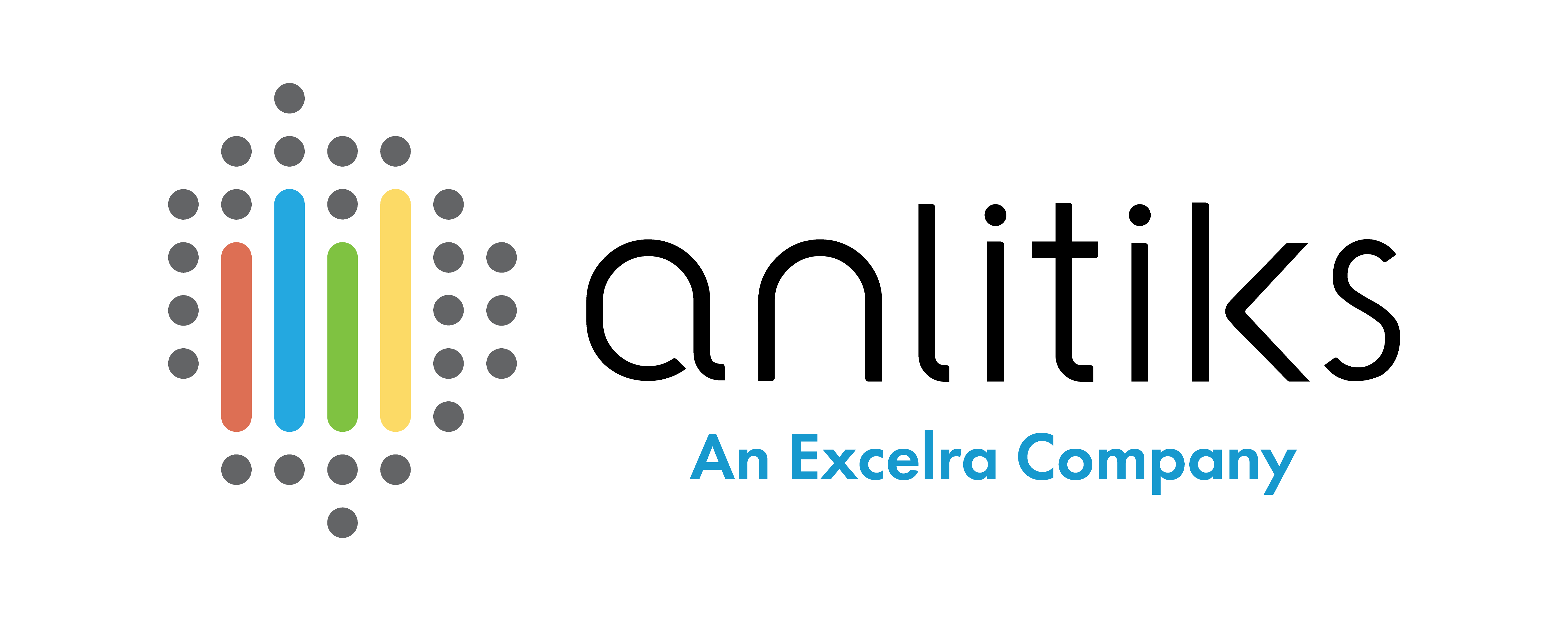What does evidence planning mean in Health Economics and Outcomes Research (HEOR)?
Evidence planning in HEOR involves strategically developing a plan to generate, optimize, and communicate evidence to support healthcare decision-making. It encompasses defining research questions, identifying data needs, considering wider commercial goals, understanding key stakeholders, assessing different market requirements, evaluating existing literature, and determining how evidence will be used for internal or external decision-making. This process ensures that the evidence generated aligns with the objectives of the research and meets the needs of various stakeholders involved in healthcare decision-making processes.
What does evidence synthesis stand for in HEOR?
In Health Economics and Outcomes Research (HEOR), evidence synthesis refers to the process of systematically reviewing and analyzing existing evidence from various sources to generate a comprehensive and critically appraised evidence base. This involves synthesizing data from clinical trials, real-world studies, systematic literature reviews, and other relevant sources to inform healthcare decision-making. Evidence synthesis in HEOR aims to provide a robust foundation of evidence that supports the evaluation of clinical efficacy, real-world effectiveness, cost-of-illness, economic evaluations, health-related quality of life, epidemiology, treatment guidelines, and indirect treatment comparisons.
What is the importance of evidence synthesis and planning?
Evidence synthesis and planning are crucial in ensuring that the evidence base is scientifically rigorous, accelerates evidence generation, demonstrates value, and facilitates strategic decision-making in healthcare. By employing evidence planning and synthesis, pharmaceutical companies can ensure that their evidence base is scientifically rigorous and meets the standards required for healthcare decision-making. The integrated approach to evidence strategy, generation, optimization, and communication allows for the rapid development of impactful evidence to support market access strategies and decision-making processes.
Does evidence synthesis and planning help in coherent and efficient clinical research?
Yes, evidence synthesis and planning play a crucial role in promoting coherent and efficient clinical research. By systematically planning the generation, optimization, and communication of evidence, researchers can ensure that the research conducted is relevant, scientifically rigorous, and aligned with the needs of various stakeholders involved in healthcare decision-making processes. This structured approach helps minimize bias, optimizing resource utilization, and enhancing the overall quality and impact of clinical research studies.
How does evidence synthesis and planning help in improving the quality of clinical research?
Evidence planning and synthesis enhance the quality of clinical research by promoting coherence and efficiency, scientific rigor, relevance, and impact. By employing evidence planning and synthesis, researchers can ensure that research questions are well-defined, data needs are identified, and methodologies are carefully selected, leading to a more coherent and focused research approach. Through evidence synthesis, researchers can critically appraise existing evidence, identify gaps in knowledge, and integrate findings from multiple studies to provide a more comprehensive understanding of a particular topic.
How does evidence planning and synthesis help in identifying research gaps?
Evidence planning and synthesis play a crucial role in identifying research gaps by systematically reviewing existing literature, assessing the quality of evidence, and determining where the current evidence falls short. Through evidence planning, researchers can define research questions, identify data needs, and develop methodologies that help pinpoint areas where further research is required. By synthesizing data from multiple studies, researchers can evaluate the existing evidence, identify gaps in knowledge, and determine the reasons why these gaps exist.
What are the benefits of identifying research gaps through evidence planning and synthesis?
Identifying research gaps through evidence planning and synthesis leads to a focused research agenda, enhanced relevance, optimized resource allocation, and promotion of innovation. By pinpointing areas where missing or inadequate information limits the ability to conclude, researchers can develop a focused research agenda that addresses critical gaps in knowledge. This targeted approach ensures that research efforts are directed toward areas that have the most significant impact and potential for innovation.
What do Systematic Literature Reviews (SLRs) mean in evidence planning HEOR?
Systematic Literature Reviews (SLRs) in evidence planning refer to a structured process that aims to identify, collate, and synthesize evidence from various sources to inform healthcare decision-making. SLRs involve systematically reviewing existing literature, evaluating the quality of evidence, and synthesizing findings to generate a comprehensive and critically appraised evidence base. In the context of HEOR, SLRs play a crucial role in guiding research efforts, identifying gaps in knowledge, and ensuring that the evidence generated is scientifically rigorous, relevant, and aligned with the needs of stakeholders involved in healthcare decision-making processes.
How does Comparative Effectiveness Research (CER) help in evidence planning and synthesis in HEOR?
Comparative Effectiveness Research (CER) plays a significant role by providing a framework for comparing the benefits and/or harms of different drugs, treatment regimens, surgical techniques, or healthcare interventions. CER assists in generating evidence that helps consumers, clinicians, purchasers, and policymakers make informed decisions to improve healthcare at both individual and population levels.
How does evidence synthesis and planning provide validation of the evidence plan with payers and clinicians?
Evidence synthesis and planning provide validation of the evidence plan with payers and clinicians by ensuring that the evidence generated is relevant, robust, and aligned with the needs of key stakeholders involved in healthcare decision-making processes. Through systematic literature reviews, data synthesis, and evidence generation, Evidence synthesis and planning help in developing a comprehensive evidence base that supports the value proposition of healthcare interventions. This validation process enhances the credibility and reliability of the evidence generated through evidence synthesis and planning, ultimately contributing to informed decision-making and improved patient outcomes.
Through collaboration with payers and clinicians, evidence synthesis methods help bridge the gap between research and practice, ensuring that healthcare interventions are based on the best available evidence and tailored to meet the needs of patients, providers, and payers alike.
Overall, evidence synthesis serves as essential component of the HEOR landscape, driving the generation, optimization, and communication of evidence to support informed decision-making and enhance the value of healthcare interventions.

